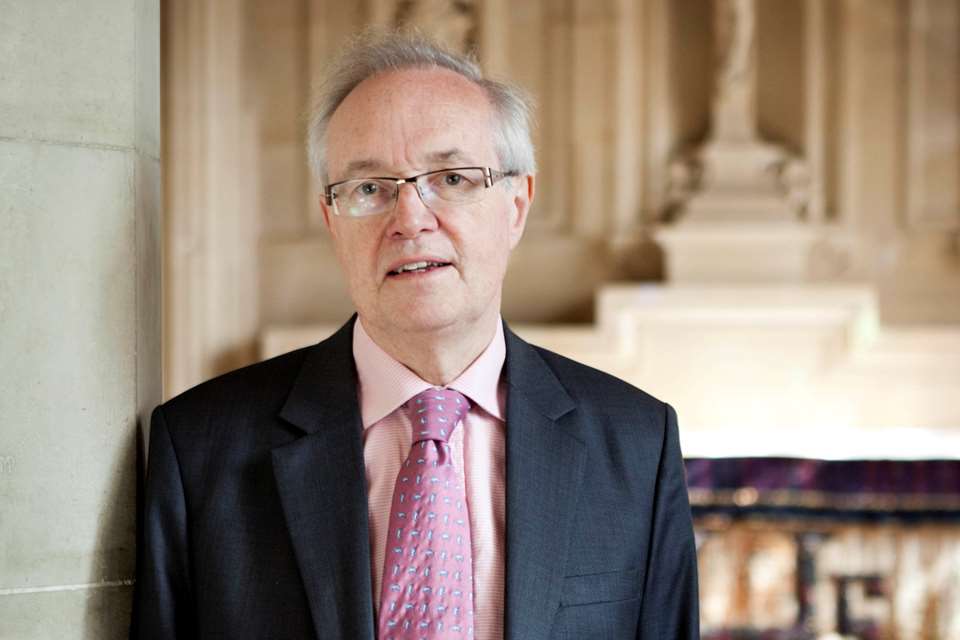The humanity behind the music-making
Martin Cullingford
Tuesday, January 14, 2020
Looking ahead to Beethoven year, and remembering Mariss Jansons and Stephen Cleobury

Register now to continue reading
Thanks for exploring the Gramophone website. Sign up for a free account today to enjoy the following benefits:
- Free access to 3 subscriber-only articles per month
- Unlimited access to our news, podcasts and awards pages
- Free weekly email newsletter









